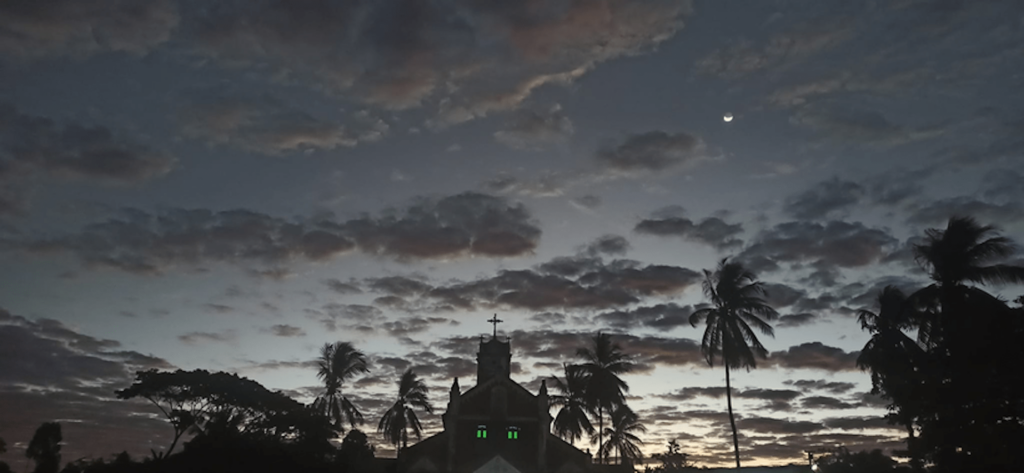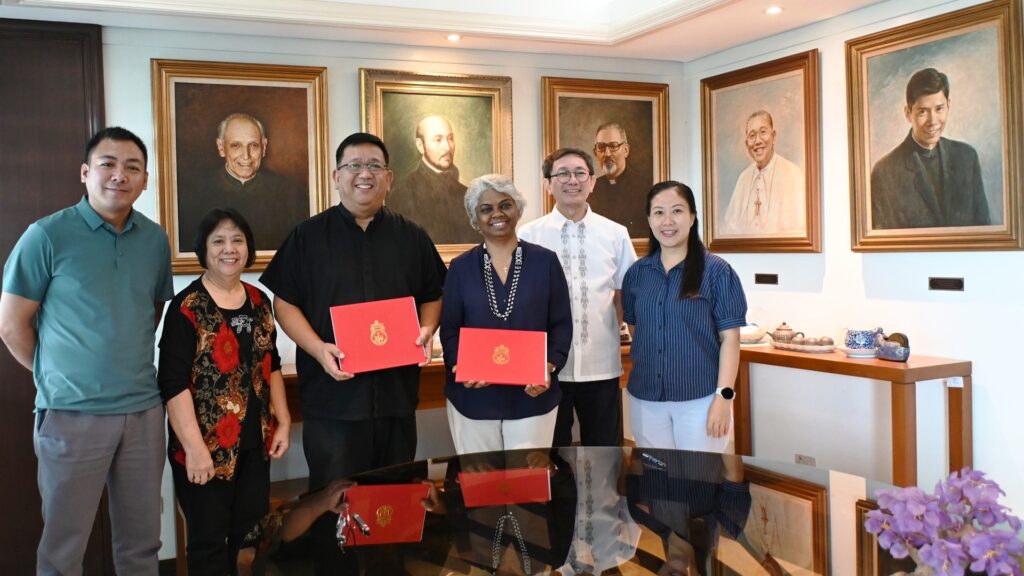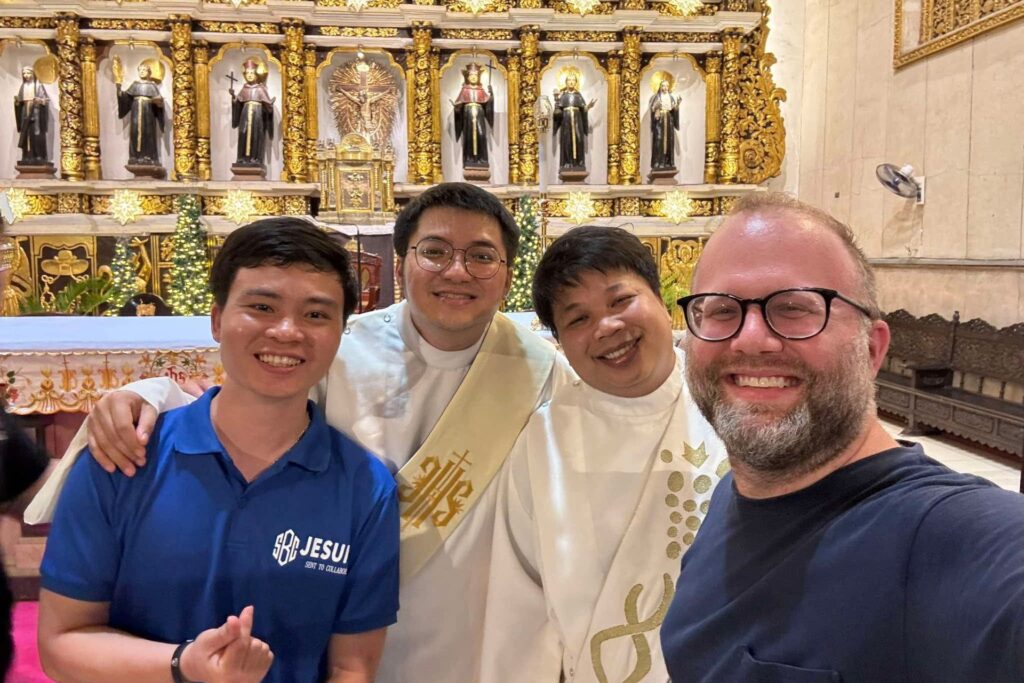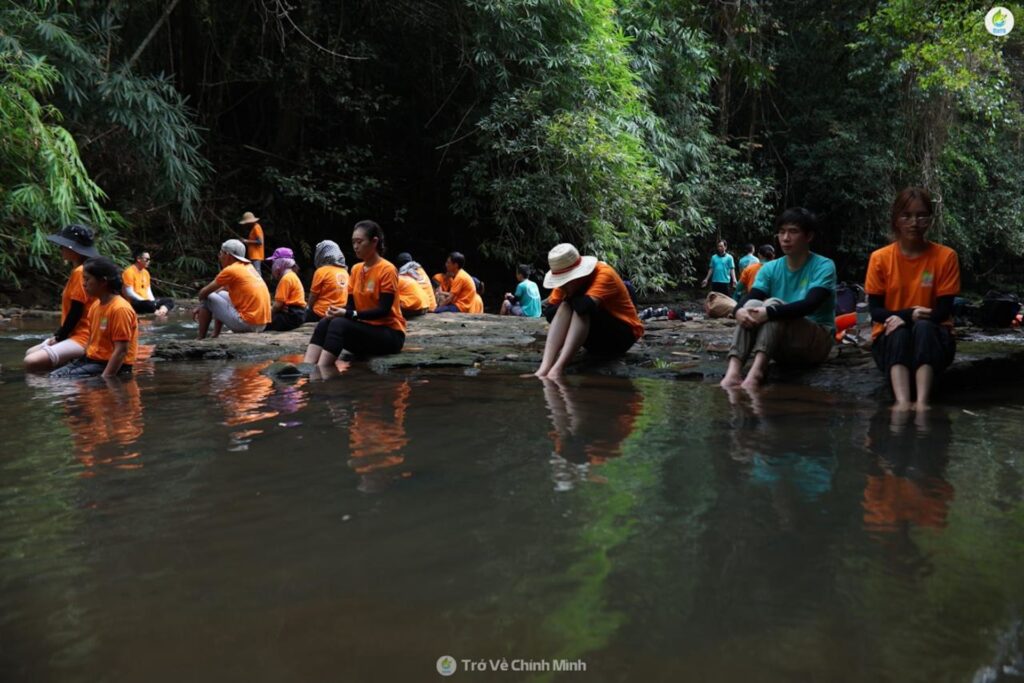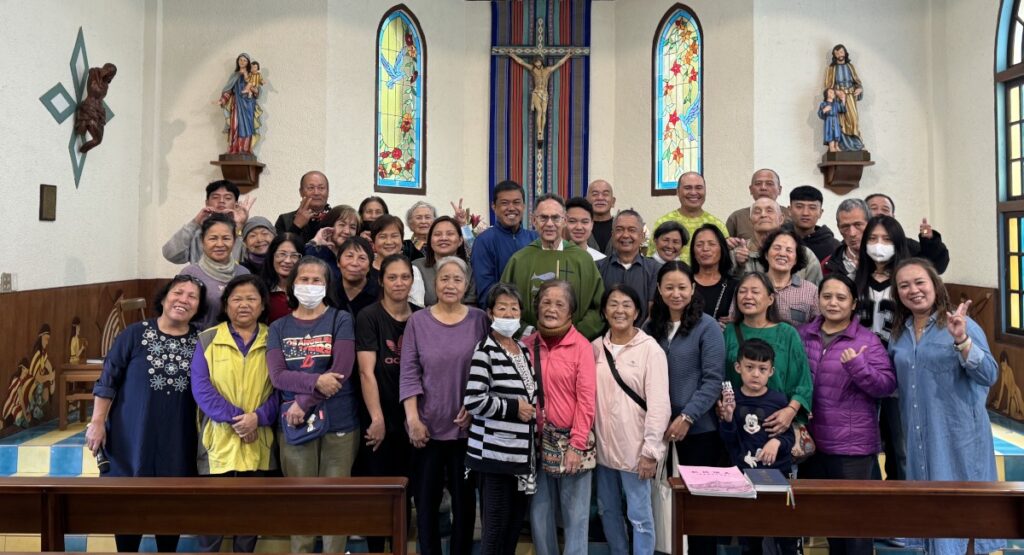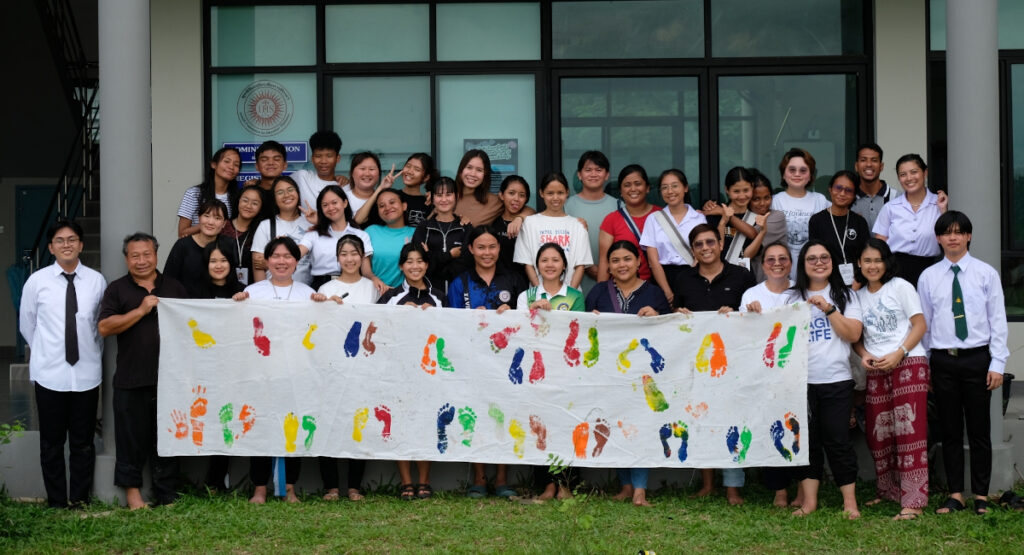The recent Jesuit Companions in Indigenous Ministry meeting in Myanmar provided its participants with fresh opportunities to reflect on their own contexts. There are 135 ethnic communities in Myanmar, who constitute one third of the country’s population of 56 million. The largest minority groups are the Shan (9%), the Karen (7%), and the rest combined constitute less than 5 % of the population.
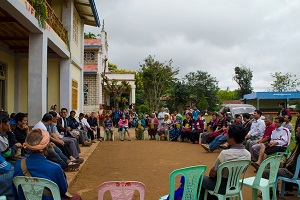
At the end of the meeting, Philip Mang Lam, a young Chin Jesuit Scholastic shared his conviction, “Even though most people see city life as a better way of life, I believe indigenous way of life is a still a better way of life because we live in harmony with nature, with the cycle of life.”
The meeting took place in Phekon, Myanmar, from September 19 to 24, and was hosted by Bishop Peter Hla, who also shared on the plight of the indigenous communities in his diocese.

“I will tell my people back home after having listened to everyone and the many presentations, especially the young scholastics talking about the struggles of the indigenous peoples in their respective countries,” said Pamela Peterson, an aboriginal elder from Australia.
Another elder, Dr Sunthorn Womjomporn from Thailand, added “the traditional wisdom is the common property of the Indigenous Peoples community and it needs to be included in the curriculum of schools and be imparted to the new generation.”
JCIM hopes to increase awareness of issues of concern to its ministry by producing three papers – on land, ecology and fundamentalism – and submit them to province congregations in Asia Pacific for consideration.
Finally, what he saw and heard made Dominico Octariano, a young Indonesian Jesuit priest, working in the parish of Waghete, Papua, rethink the objective of his ministry. “In the context of the Papuans, the transformation of the Mei Tribe does not come from me but should emerge from, by and for the Papuans. I used to think that my ministry is to ‘civilize’ and ‘develop’ the Papuans. But now I believe the Papuans can develop themselves,” he said.

